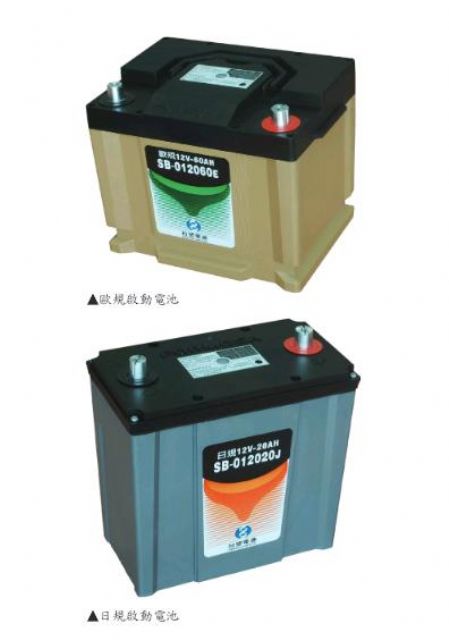FPG Delegation to Promote Li-ion Auto Battery to Major EU Makers of Cars and Trucks
2014/08/11 | By Quincy LiangFormosa Plastic Group (FPG), a major petrochemical conglomerate in Taiwan, recently announced that Wilfred Wang, one of the FPG's 9-member decision-making team and chairman of Nan Ya Photonics Inc., will lead a delegation to visit major European automakers to promote its self-developed lithium-ion automotive battery.

FPG's lithium automotive batteries are certified by Intertek Testing Services, and the group targets a 0.5% global market share in the first year or about market value of US$200 million, said Wang at a press conference to receive the safety certification from Intertek Testing Service Taiwan.
Wang said that he had visited Abu Dhabi, the world's first "green energy city", knowing only a tiny percentage of carbon reduction can be achieved by alternative energies, and that the most efficient way to cut carbon emissions is to save energy.
Wang stressed that FPG's lithium battery is to save energy and cut carbon emissions. The batteries are developed by Formosa Lithium Iron Oxide Corp. (FLIC), which set up a power-cell business division in 2012 and targets to gradually apply lithium-ion battery materials in auto batteries and golf-carts etc.
S.K. Chen, chairman of FLIC, said that the lithium batteries target substituting traditional lead-acid counterparts, which will be soon banned by the European Union (EU), hence the choice to first promote the batteries to the European market.
In addition to visiting passenger-car makers Mercedes-Benz, Renault, Volkswagen, Fiat etc., Chen said, the delegation is also scheduled to visit truck makers as DAF, Iveco etc.
A 12V DC lithium battery developed by FLIC is priced about 2.5-folds that a lead-acid counterpart, with the price gap to be sizably narrowed in five years when the production cost of lithium battery will be cut by half.
To tap business opportunities created by EU's future ban on lead-acid batteries, a senior FPG executive said the group has carried out 7,465 investment projects between 1999 and June 2014 to total about NT$20 billion (US$666.7 million). Such investments, he added, are expected to generate annual profits of about NT$23.5 billion (US$783.3 million) in the near future.




